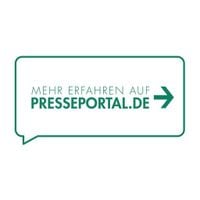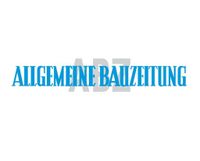Frankfurt am Main (ABZ) – The business climate in the German small and medium-sized enterprise (SME) sector has seen a notable improvement in March 2025, according to KfW Research. The business climate index rose by 3.9 points to minus 17.6 points. While this figure remains significantly below the long-term average, which is marked by the zero line, the increase in March corresponds to 1.5 times the average improvement seen in previous months. This uptick suggests a growing optimism among SMEs, a crucial segment of the German economy.
In a related development, KfW has expressed its support for the strengthening of the social market economy and competitiveness, as well as adherence to German and European climate targets outlined in the coalition agreement presented by the CDU, CSU, and SPD. Stefan Wintels, CEO of KfW, remarked, "The future federal government has made a clear promise with its coalition agreement—for the social market economy as well as the German and European climate goals." This statement underscores the bank's commitment to contribute its expertise and financial strength to promote these objectives.
The coalition agreement, pending approval from party committees, includes over 15 points of connection that KfW aims to leverage. Wintels noted, "We see numerous impulses for more investments and innovations that will make Germany more competitive, sovereign, and secure within the European framework and contribute to improving the living conditions of the people."
Specific measures mentioned in the coalition agreement include the establishment of a Germany Fund and a doubling of investments in the WIN initiative for growth and innovation capital in Germany to more than 25 billion euros, further leveraging them with federal guarantees. The new coalition also plans to extend the Future Fund beyond 2030 and utilize KfW's resources for SME support in a budget-friendly manner.
For individual funding, the future government intends to simplify KfW funding programs into two central programs focused on new construction and modernization. Additionally, the eligibility for funding under the Efficiency House 55 standard will be temporarily restored, and an investment fund for housing construction will be launched to facilitate the allocation of equity and debt capital in conjunction with public guarantees and private capital.
Moreover, the coalition agreement outlines plans to establish an investment fund for energy infrastructure and enhance the strategic development of the federal investment portfolio, particularly in defense and energy sectors. The raw materials fund will also be equipped with additional resources.
Wintels emphasized the KfW's readiness to play an active role in both domestic and international financial cooperation, stating, "We will contribute wherever possible—both domestically and in international project and export financing, as well as in international financial cooperation." The draft coalition agreement explicitly mentions KfW in the context of SMEs, construction and housing, and education, indicating the bank's integral role in these sectors.
As Germany navigates its economic landscape, KfW Research has raised critical questions regarding the current state of the German economy and the necessary steps for future resilience. Their position paper, titled "Transformation bewältigen, Wachstum stärken," provides insights and recommendations across five policy areas, aiming to guide Germany towards a sustainable and robust economic future.
In conclusion, the recent developments in both the business climate for SMEs and the coalition agreement reflect a concerted effort to bolster Germany's economic framework. With KfW's commitment to supporting these initiatives, the country is poised to enhance its competitiveness while adhering to essential climate goals.





